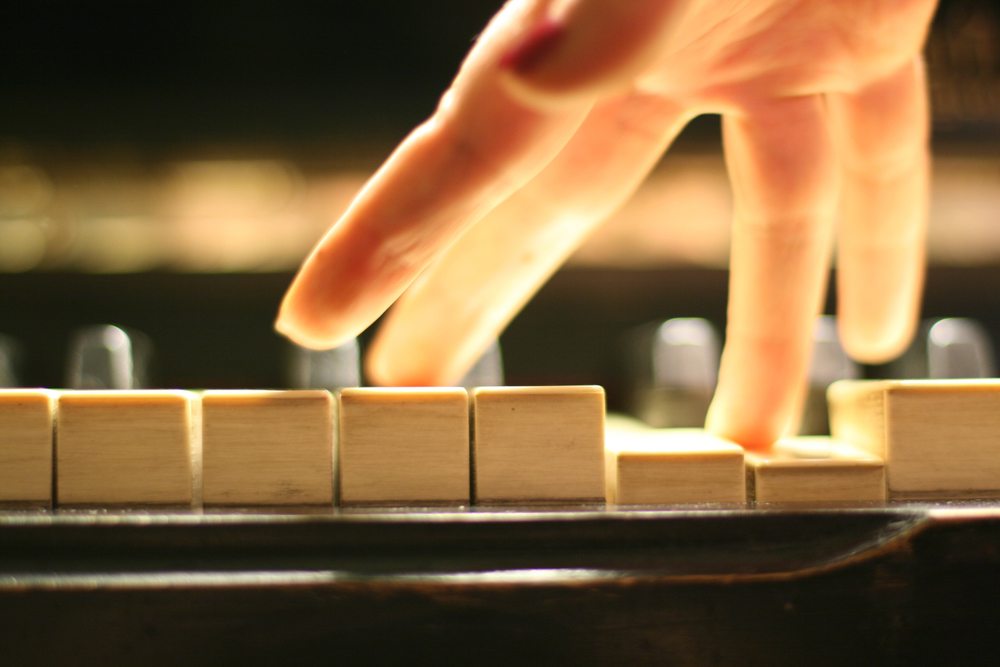A Guide To Remove Yellowing From Your Piano Keys
There are quite a few things you may do when you wish to clean the yellow color from your piano keys. Every piano will begin to yellow over time, and it will be quite difficult to play the piano happily when it does not look attractive. Removing the stains from years of wear on the keys is quite difficult, and you must ensure you have taken time to follow each step on the list before cleaning. The piano itself will look quite lovely, and you will feel confidence when you drag your fingers across the keys for the first time.
#1: Lemon Juice Or Milk?
Lemon juice is often recommended, and you will find it helpful as you wipe down the keys on your piano. Milk is quite a bit more effective, and you must use milk as you would lemon juice. The milk has fats that will strip away any muck on the keys, and you may dilute it in a bit of water before dipping the rag you use to clean the keys. You cannot clean your keys with a damp rag, and you must ring it out before you begin cleaning. The keys will come clean quickly, and you will notice they are much whiter.
#2: How Long Does It Take?
There are quite a few pianos that have become so dirty they will not come clean, and it is impossible to clean them with one stroke of the rag. You will not see results unless you have wiped the keys down for minutes at a time. It may take up to 20 minutes to clean the keys, and you will find the stains are quite deep in the pores of the keys.
Ivory keys are incredibly porous, and they allow the dirt from the stains to fall in the cracks. You cannot dig them out yourself, and you must run over them more than once with milk or lemon juice as you clean. You may press down the key, and you will find more leverage as you attempt to keep it clean.
#3: You May Use An Ivory Scraper
You may use an ivory scraper when you cannot get the keys clean as they are. The stains may be heavy on the top layer of the keys, and you will find them much easier to clean when you may scrape them away. You have quite a lot of options once the scraper touches the keys, and you may see quite a lot of material come off the keys as you clean.
You may need to approach a professional about a scraper before you use it. The scraper itself is much easier to use when you have been taught how to use it, and you may scrape away the worst gunk before you clean the keys with milk or lemon juice. You will find the device quite easy to use, and you may keep it with your cleaning kit for any piano you use. Scraping the keys may be necessary when you run into an old piano, and you will find it much easier to play when it is clean.
#4: How Do You Know If The Keys Are Ivory?
You may check your keys for construction as you search for ivory. Ivory keys must be pieced together from multiple pieces of ivory, and you will find a split in the key where it was pieced together. A synthetic key has no split, and it will appear as though it is one piece of ivory. You may not see the split at first, and it is possible the dirt on the keys will cover it up. You are far better off using your tools to clean the keys a bit, and you will see the split if it does exist.
#5: Why Must You Be Careful?
Your piano comes clean in the same way a table comes clean. It has wood that cannot be pushed to the limit as it will begin to break down. There are quite a few people who will find it difficult to clean their pianos without applying a bit of elbow grease, and you must ensure you have thought quite hard about how you will keep the piano clean without damaging the wood.
The stain on the wood and the gloss on the keys will come off over time, and you will keep the piano in fine condition if you have planned to be careful with the instrument. An instrument that has been handled with kid gloves will look much better, and it will hold up even if you are practicing every day.
#6: How Often Must You Clean?
Cleaning your piano may be a weekly exercise that will ensure you keep the instrument as clean as possible. The piano will come clean far more quickly when you have a schedule for cleaning, and you will avoid the keys turning yellow in the future. You are removing every stain today, and you will not see the stains return in the future when you are on a schedule.
There are quite a few steps you may take to keep your piano clean, and each new step will ensure you are playing a piano that looks good as you sit down to play. You may clean up the keys with a combination of lemon juice and milk, or you may scrape the keys clean when necessary.







